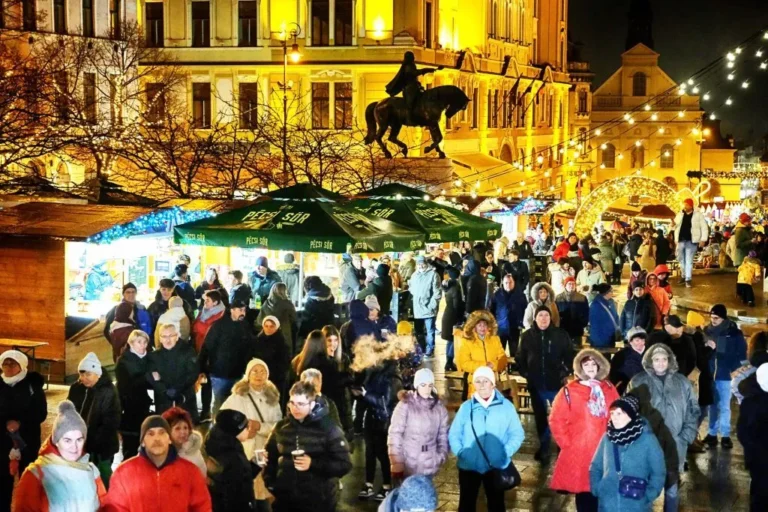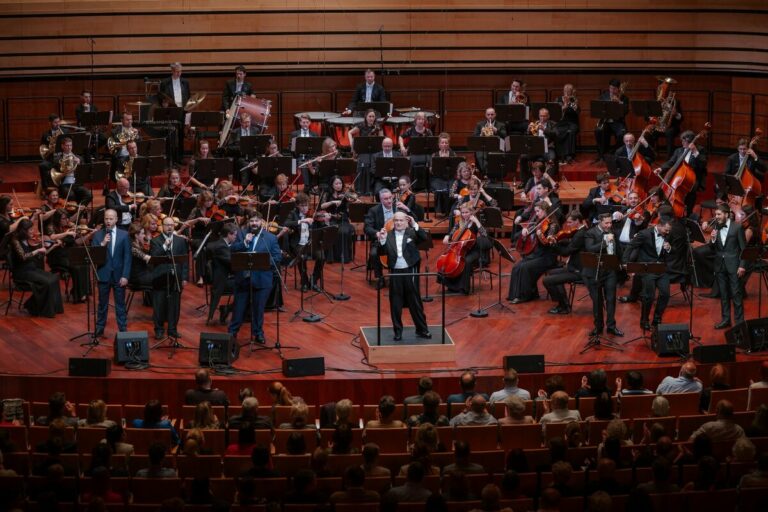Pécs
Scheduled Munich flights soon to resume in Hungarian city!

Fairytale Advent market and festive programmes begin today in Pécs, Hungary!

Stunningly romantic light park opening in a major Hungarian city this week – photos

Thousands march at banned Pécs Pride in Hungary

Another Pride banned in Hungary: organisers refuse to comply

Hungarian researchers developing a smart, AI-based traffic control solution, currently being tested in Istanbul and Pécs

Why foreigners from 20+ countries are learning Hungarian in Pécs this summer

New Hungarian grape-based gin developed

Hungary loses several routes as popular airline leaves – UPDATED

Housing market alert: Hungary’s home rental rates climb sharply in April

Important milestone concerning Finnish horror foster parents abusing their kid in Hungary

Hungary’s newest luxury hotel will open in April, next to a countryside international airport

Full programme of Bartók Spring festival finalised

International flights return to Hungarian airport in May!

Hungary’s home rental prices jump 9.4% in a year, Budapest rates soar

Hungarian rental market sees massive hike, wages barely keep pace

Wizz Air to resume flights to Larnaca and Burgas from Hungary, while popular route faces halt

New motorway to be built in southern Hungary





 ZH
ZH IT
IT DE
DE HR
HR NL
NL FR
FR JA
JA RO
RO RU
RU ES
ES TR
TR
